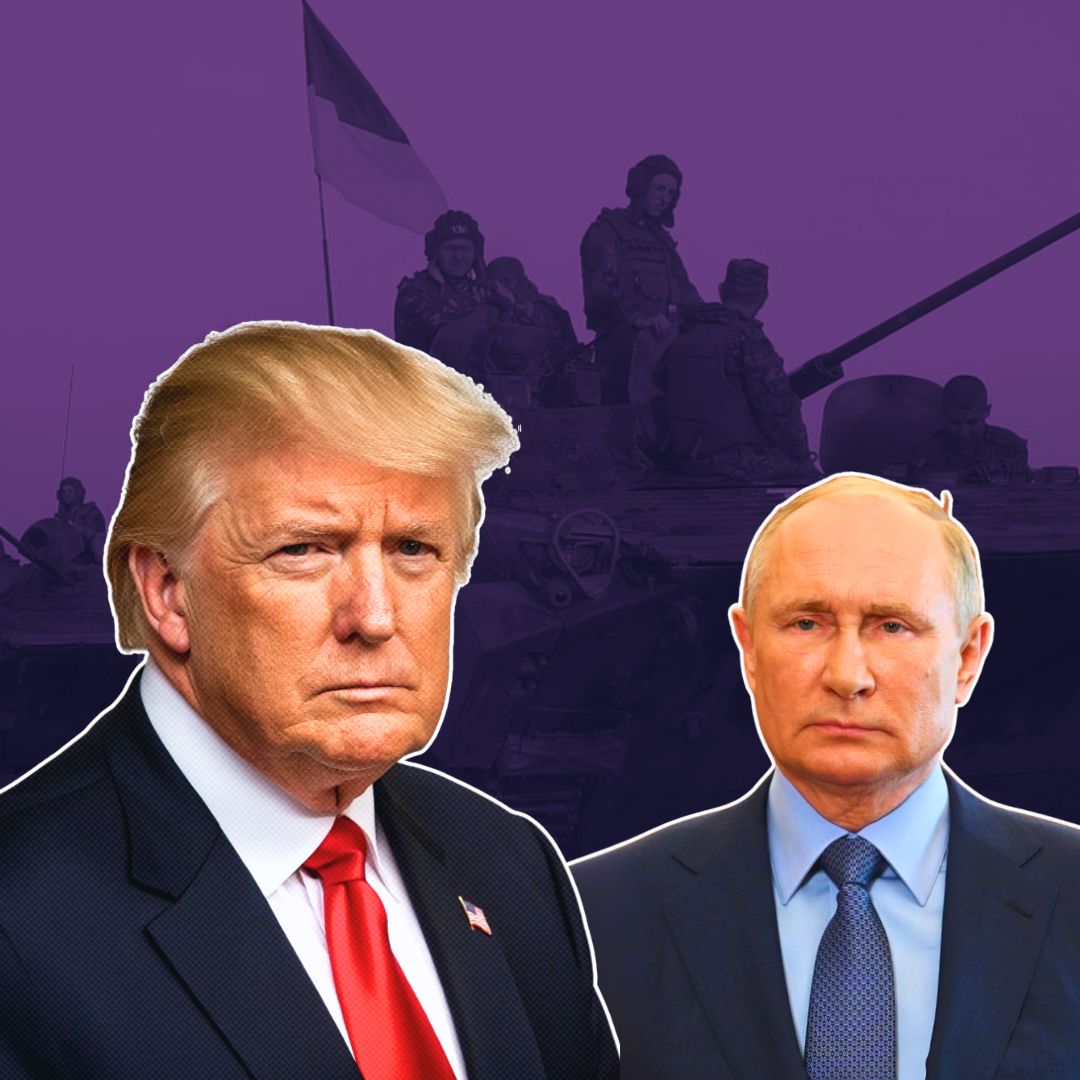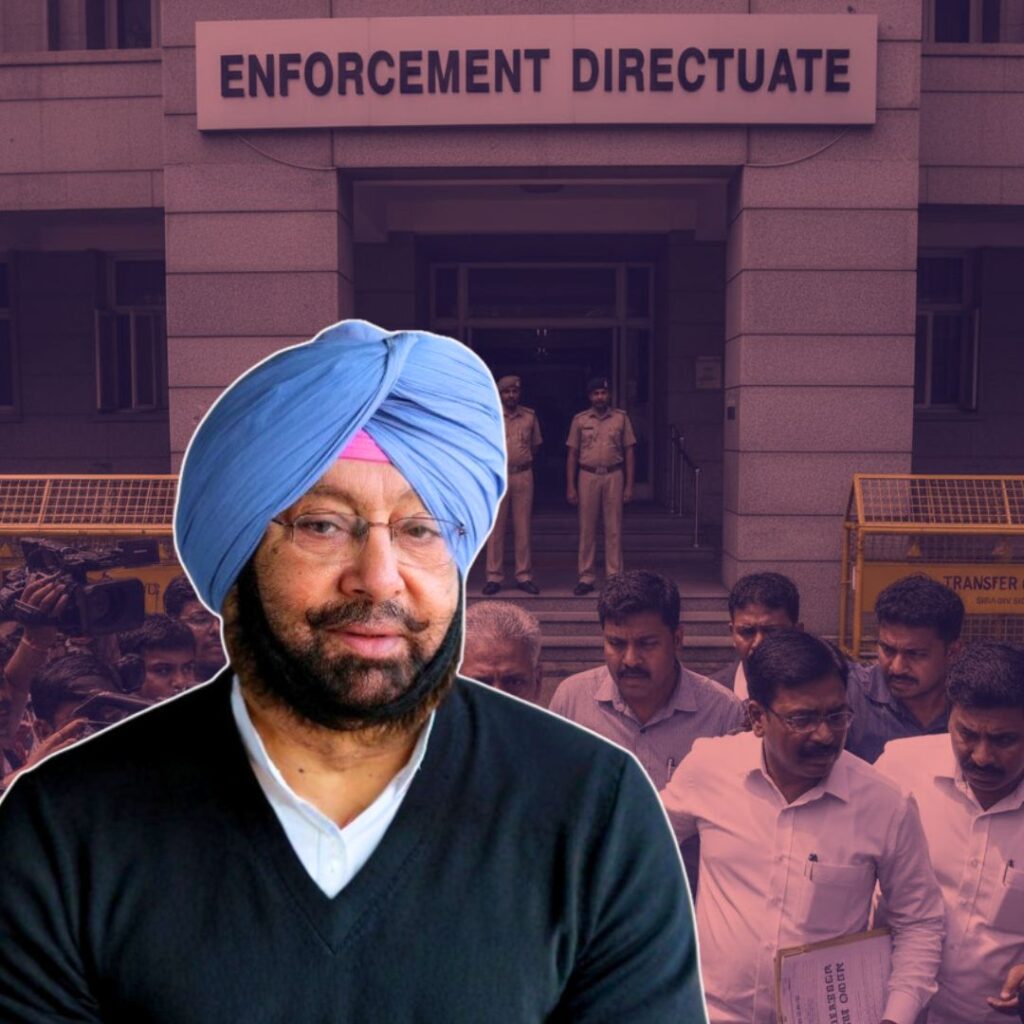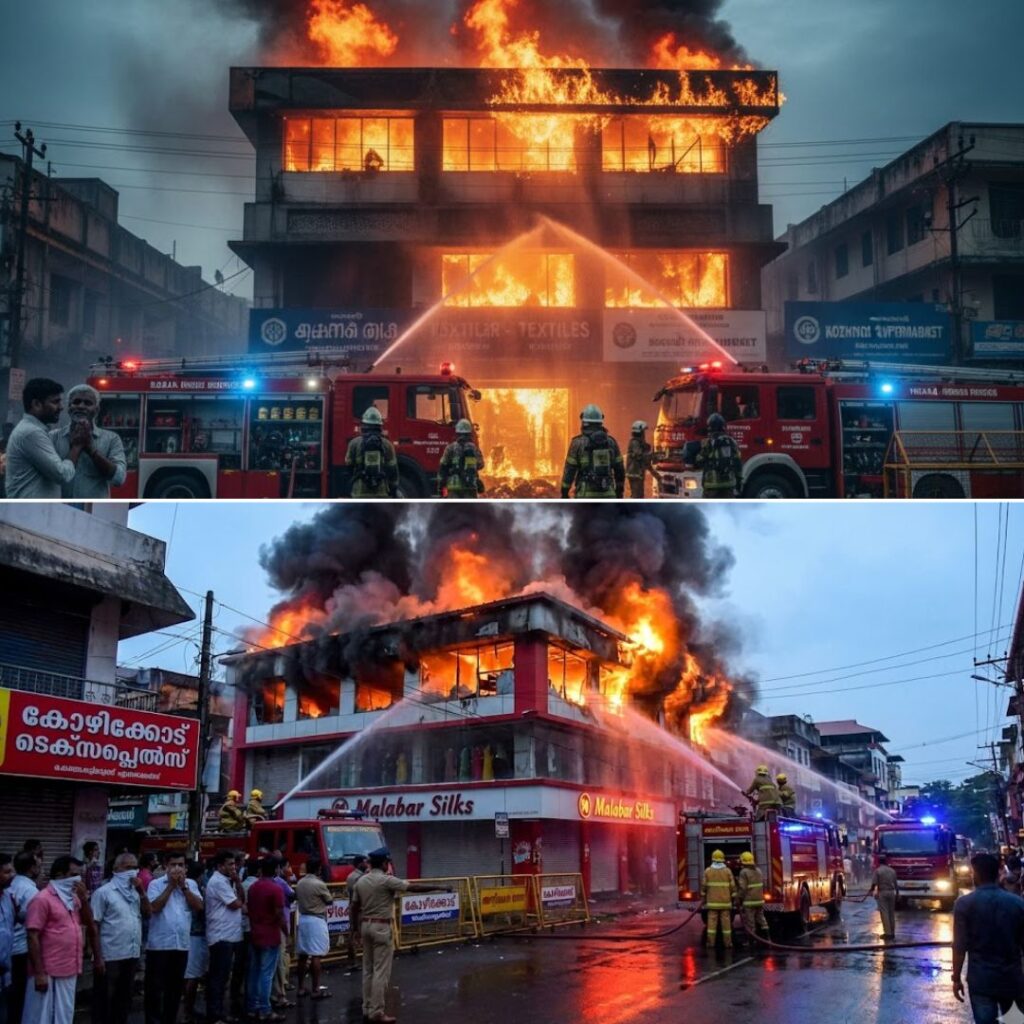US President Donald Trump is set to meet Russian President Vladimir Putin in a critical summit on Friday, August 15, 2025, at Joint Base Elmendorf-Richardson in Anchorage, Alaska. Ahead of this meeting, Trump issued a stern warning that Russia will face “very severe consequences” if Putin does not agree to stop the ongoing war in Ukraine.
This declaration came after a virtual conference involving Trump, Ukrainian President Volodymyr Zelenskyy, and European leaders, marking a critical moment in efforts to resolve the conflict that has raged for over three years.
Preparations and Stakes for the Alaska Summit
The Alaska summit is officially described as a “listening exercise,” with Trump aiming to assess where both sides stand and explore potential pathways toward peace. While Trump did not provide specifics on the nature of the “very severe consequences,” he implied that economic sanctions would be among the measures considered if Russia refuses to agree to a ceasefire.
Trump also hinted at the possibility of a follow-up summit involving Zelenskyy alongside Putin and himself, contingent on the outcome of Friday’s talks. Trump expressed hope for a swift second meeting, emphasizing the urgency to find a resolution to this devastating conflict.
Diverging Perspectives: Zelenskyy and European Leaders
Ukrainian President Zelenskyy, speaking after the virtual summit, described Putin’s overtures for peace as a “bluff” aimed at sustaining Russian pressure on Ukraine’s front lines. Zelenskyy underscored that any peace talks must fully involve Ukraine and reject any territorial compromises forced upon the country. He highlighted the heavy toll the war has taken on Ukraine with tens of thousands of lives lost and millions displaced. European leaders echoed these concerns, stating that any territorial changes by force are unacceptable and that Ukraine’s sovereignty must be respected.
European leadership also pushed for reinforced sanctions if Russia does not accept a ceasefire, signaling strong international resolve to pressure Moscow economically. Germany’s Chancellor Friedrich Merz, who organised the recent virtual discussion, stressed that international borders should not be altered through military aggression. French President Emmanuel Macron emphasized that Trump has aligned with these principles, acknowledging the necessity of including Ukraine in any discussions involving land concessions and security guarantees.
Context and Challenges Ahead
The war in Ukraine, the largest armed conflict in Europe since World War II, has created deep humanitarian and geopolitical crises. Russia’s invasion in early 2022 escalated into years of fighting, with fluctuating frontlines and persistent violence. A diplomatic solution has been sought but remains elusive due to Russia’s rigid stance, established in mid-2024, that rejects many Western demands.
This background makes the upcoming Alaska summit pivotal yet delicate. While Trump advocates for dialogue and has suggested the possibility of land swaps to end hostilities, such ideas are contentious as they raise fears about compromising Ukraine’s territorial integrity. The summit’s success depends on whether constructive concessions can be negotiated and if the parties can bridge entrenched positions without further bloodshed.
The Logical Indian’s Perspective
The Logical Indian reaffirms its commitment to peace, dialogue, and empathy in these challenging times. The conflict in Ukraine represents not just a geopolitical struggle but a profound human tragedy demanding a resolution rooted in respect for sovereignty and human dignity.
While political complexities abound, peaceful negotiation must remain the foremost priority to prevent further loss of life and foster global harmony.
The Logical Indian calls on the international community and individuals alike to advocate for empathy, constructive discourse, and sustained pressure on parties to prioritize coexistence and mutual respect.












